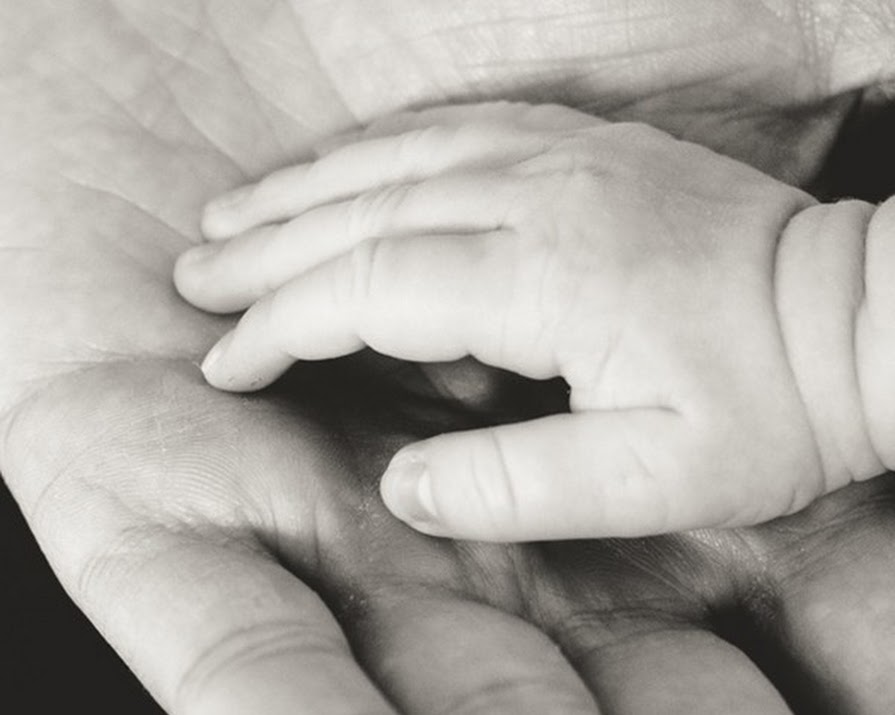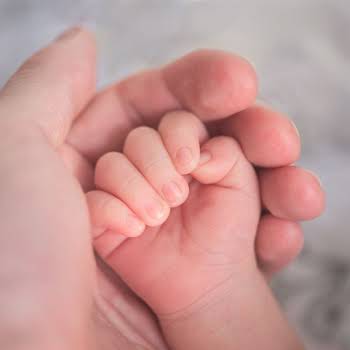
By Niamh ODonoghue
09th Jun 2016
09th Jun 2016
An article I read recently played on the idea of failure, and the different ways that we as women have set ourselves up for that dirty F word. The article discussed how one woman felt as though she had failed herself by allowing doctors to administer an epidural to assist her in childbirth; silly right? It seems that it’s just one area that’s plagued with feelings of defeat deficiency.
#NotAFeministRant
It’s been proven that women’s fear of failure means that they would not even apply for a job until they feel they are 100% qualified.?The study carried out by Cornell University describes how our cultural upbringing can determine what job women are ?capable? of achieving, with the general consensus being that as a gender, we are underachievers. Childbirth seems to be the perfect place to highlight our eagerness to self-doubt and loath. As someone who has yet to experience the marvels of childbirth, I was left bewildered after learning that women put themselves through mental (and physical) torture, just to feel more empowered and ‘womanly’
In an attempt to get a better understanding of the F word and childbirth I decided to conduct a vox pop around the office and asked IMAGE mothers to describe?their thought-process of labour and pain control. IMAGE Deputy editor Meg Walker totally’retaliates against the idea that women should feel a sense of failure post-birth, and in keeping it real, she insists that worrying whether an epidural equates to failure as a mother should be the last thing on’the mind of any new mum:
“I had no intention of having an epidural, not because of the drugged up baby theory, but because my sister had one and ended up not only with it not working against the pain of birth (she felt EVERYTHING).?I used to edit a maternity magazine so I knew the ins and outs about EVERY pain remedy there is. I did yoga, intended on getting a TENS machine (my son was 2.5 weeks early so that scuppered that plan), had no interest in pethidine (I throw up easily and that’s a common side effect) and thought I’d try gas and air.?Honestly, for someone who never planned on having an epidural, I have NO feelings whatsoever of regret or a sense of failure. Of all the things to feel like a failure for in motherhood, that would be last on the list”; says Meg.
In stark comparison, Our Editorial Director Jessie Collins is fully aware of the push-pressure felt by women to deliver their newborn naturally:
“There were some physical reasons that I didn’t want to get an epidural and definitely some control ones, just didn’t want to not have control of my body during the birth. I definitely would have felt, and wrongly, that I’d let myself down if I had had to get an epidural in the end, and there was a sense of triumph in doing it naturally. But actually, though the birth itself is massively focused on when you are pregnant, once it’s done, it pales so far in comparison to the reality of taking care of this new person”; she says.
And what’s more, even though Jessie delivered a beautiful and healthy baby (the ‘natural’ way), she still felt as though she was letting herself down by not being able to fully commit to breastfeeding her toddler which, to this day, leaves her feeling keenly: “It was one of my primary functions I felt as his mum and I couldn’t do it successfully”. This seems?truly alien to me; I mean she has achieved this incredible feat and yet still underestimates her ability based on something that she couldn’t do, as opposed to the things she could.
Online Editor Ellie?Balfe has experienced both natural and assisted childbirth?and reflects on the differences between the two, and her new and profound respect for the female body;
“I have had two entirely different labours; one with an epidural, one without. Weirdly both experiences seemed to mirror my daughters’ personalities – one more peaceful, calm and considered – ?one very quick, loud and intense! Guess which I had the epidural for??Your first labour is scary, it’s hard to ‘trust the process’ when you don’t know what’s going on – your own body becomes unfamiliar to you.?So when the epidural was offered, I accepted – like a drowning swimmer reaching for a life-raft. My second labour was entirely different. Anna was in a rush to be born. My waters broke at home at midnight, we rushed to hospital, where I dilated from 1-10 centimetres in 2.5 minutes and after three INTENSE pushes she was out. There was no time for pain relief but even if there was, I had this weird feeling that I could do it without. I had a newfound respect for my body – for ALL women’s bodies – after my first labour”.
What have I learned? I’ve learned that women do, and will continue to, subject themselves to failure. Why? It seems as though we do it because of societal influences and cultural evolution: if we grow up learning that the grass is green and the sky is blue, then the grass will only ever be seen as green and the sky will only be seen as blue. Similarly, if we are thought ?from an early age that women can only be one thing while a man can be another, then doesn’t the same apply? It’s time to alter our perceptions of what constitutes as?failure, which I’m learning is something that cannot be equated to labour pains. I know that when the time is right for me that I will accept pain relief with open arms; but not because I’m weak or because I’ll have failed as a woman, but because medicine has been developed accordingly so that we don’t have to go through back-breaking pain if we choose not to.























